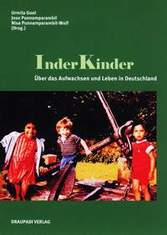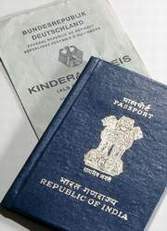Donnerstag, 9. Februar 2006
Fostering irregular migration
urmila, 20:20h
Germany and most of the other EU countries were doubful about the consequences of the enlargement of the EU in 2004. They were scared about their labour markets. All the East Europeans would certainly rush into the Western countries and take away all the jobs. Thus most countries decided to grant the 'new' (second class) EU citizens only a restricted freedom of mobility.
The EU has now published a report on the consequences of the enlargement on the labour markets. Sweden was the only country to grant full mobility and has benefited from it even though the masses did not come. In the other countries the number of workers without work permits has risen. People who want to migrate, and whose labour force is wanted, migrate no matter what the rules. And when their only option is irregular migration, than they are cheap labour which many employers happily employ. Was that the aim of the restriction?
The EU has now published a report on the consequences of the enlargement on the labour markets. Sweden was the only country to grant full mobility and has benefited from it even though the masses did not come. In the other countries the number of workers without work permits has risen. People who want to migrate, and whose labour force is wanted, migrate no matter what the rules. And when their only option is irregular migration, than they are cheap labour which many employers happily employ. Was that the aim of the restriction?
... comment
 Foto: © Anke Illing
Foto: © Anke Illing


